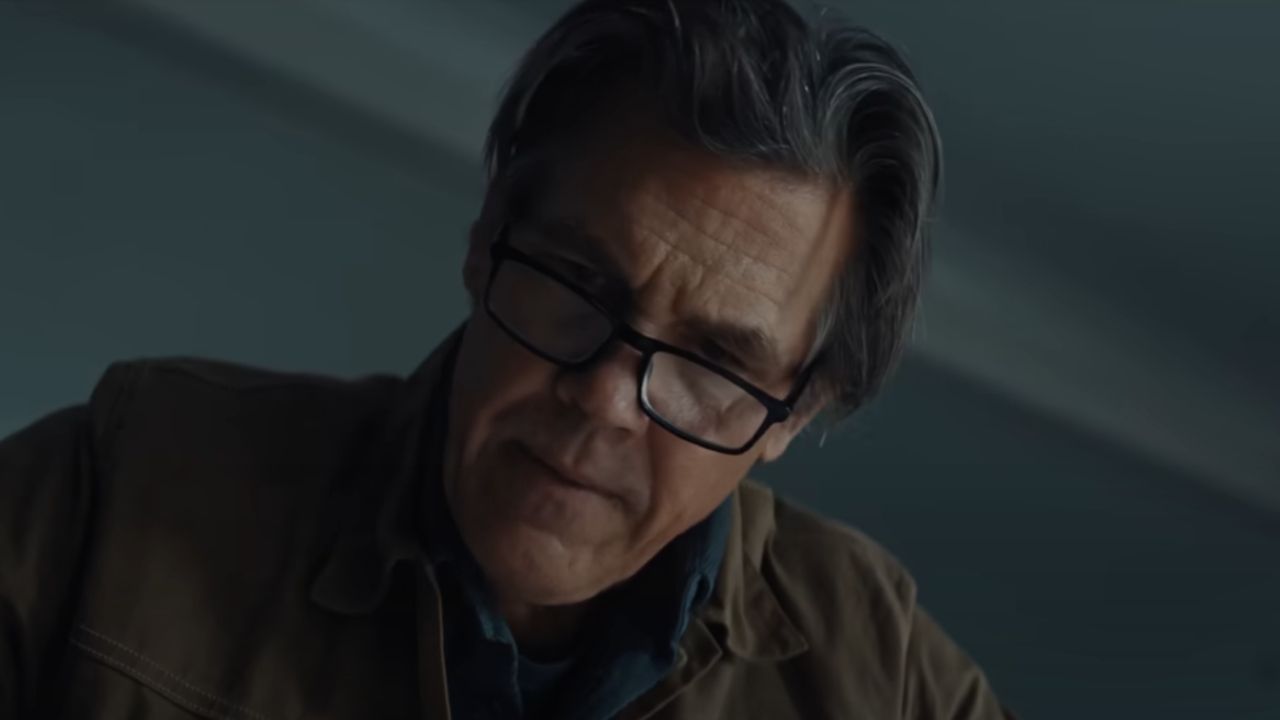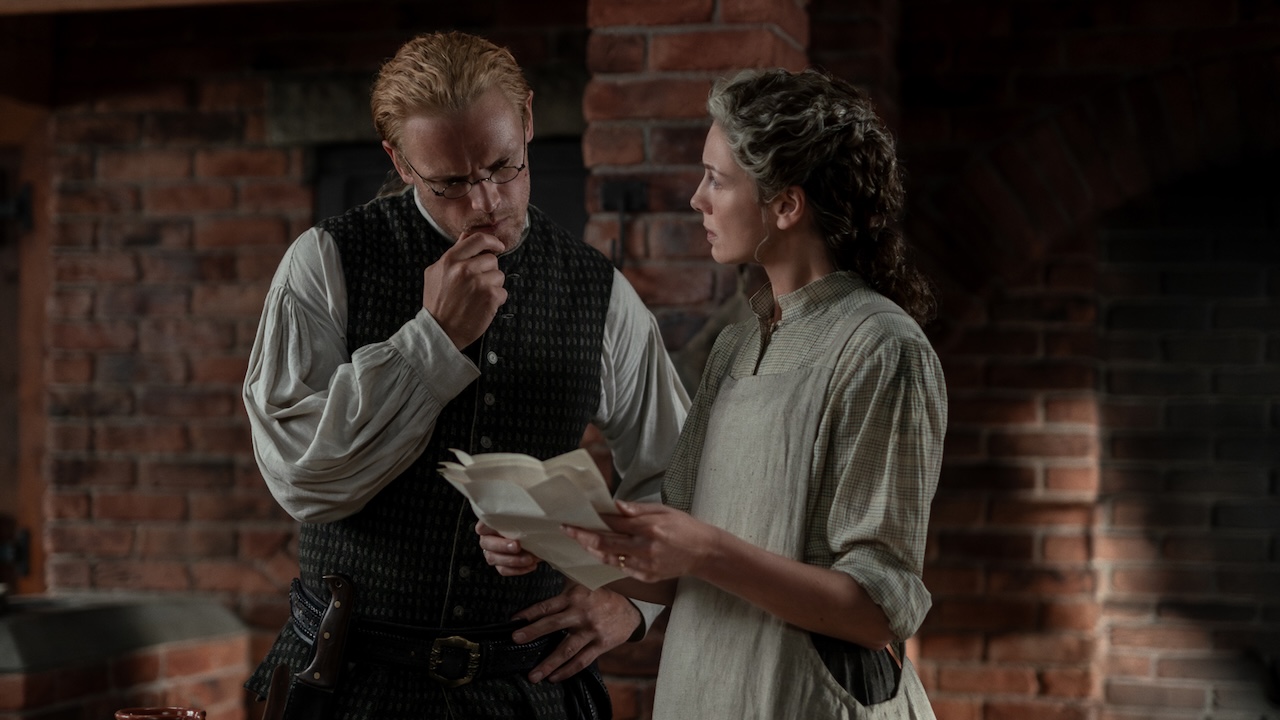‘It Doesn't Work. It Doesn't Add Up’: Weapons’ Director Knows There Are Plot Holes In The New Horror Movie, But There’s A Specific Reason For Them
Zach Cregger knows not everything flows together in the structure of Weapons.
Your Daily Blend of Entertainment News
You are now subscribed
Your newsletter sign-up was successful
SPOILER WARNING: The following article contains spoilers for Weapons. If you have not seen the film, proceed at your own risk!
I went into my screening of Weapons purposefully knowing as little about it as possible, and one of the things that wowed me very early on is its structure. Akin to Paul Thomas Anderson’s Magnolia, it is not constructed as a straight line but instead a collection of character-driven vignettes that each tell a different part of the larger story. And instead of progressing in a single direction down a timeline, it frequently rewinds the tape to have the tales of the protagonists overlap – up until its totally wild ending.
It’s fascinating as delivered to the big screen (and my favorite movie of the year thus far, as reflected in my five-star Weapons review), but it also made me wonder: if everything were to be recut, would everything properly fit together? As I learned during the Los Angeles press day for the movie and interviewing writer/director Zach Cregger, the answer to that question is a purposeful and knowing “no.” He told me that there was an effort made to get each piece of the puzzle to perfectly lineup, but he ultimately found that it just wasn’t possible. Said Cregger,
I think there's a little bit of you know, creative liberties with like the events. [laughs] Creative liberties, I mean, none of it's real, but… but it's funny because I did try and do a calendar where I was trying to exactly pinpoint like how these events coincided. And it's impossible. They don't. There are major potholes all over this. Like the cop dragging the guy in and then the cop car's there all day, and so the little kid doesn't see the cop car until he comes home from school. It's like, how's that possible? It doesn't work. It doesn't add up.
So what is the explanation for this? It comes down to a matter of perspective and the way that events depicted are influenced by the eyes of the character who is serving as a protagonist at any given time.
A perfect example of this kind of storytelling from another film with a similar structure can be found in the beloved 1990s classic Quentin Tarantino’s Pulp Fiction. In the opening scene, Amanda Plummer’s Honey Bunny waves a gun and screams to a diner full of patrons, “Any of you fucking pricks move, and I'll execute every mother fucking last one of you!”… but in the film’s climax, she can be heard saying, “Any of you fucking pricks move, and I'll execute every one of you motherfuckers!” This may read as a continuity error, but not to be discounted is that the second time we see the scene is through the eyes of Samuel L. Jackson’s Jules Winnfield.
Zach Cregger confirmed that this is a proper way to read the intersecting and noncongruent aspects of the new horror movie, as I followed up asking if events in the film are meant to be recognized as subjective. Said Cregger,
At a certain point you have to just be like, 'That's okay.' You know?... They're unreliable narrators. It's all, yes, subjective.
It’s tricky to fully comprehend the way in which all of the pieces of Weapons fall together after just a single viewing – but I imagine that there will be plenty of cinephiles who will eagerly revisit the movie over and over again to study it. And when the movie eventually arrives on home video, I’m sure that every frame of it will be parsed.
Your Daily Blend of Entertainment News
How do I know this? Because Weapons is already a massive hit. After weeks of building hype with positive word of mouth from early screenings, the film had a dominant opening weekend at the box office, and audiences are seemingly enjoying it just as much as critics. It’s a big win for movies in general, and be sure to be on the lookout for more features and interviews here on CinemaBlend in the coming days.

Eric Eisenberg is the Assistant Managing Editor at CinemaBlend. After graduating Boston University and earning a bachelor’s degree in journalism, he took a part-time job as a staff writer for CinemaBlend, and after six months was offered the opportunity to move to Los Angeles and take on a newly created West Coast Editor position. Over a decade later, he's continuing to advance his interests and expertise. In addition to conducting filmmaker interviews and contributing to the news and feature content of the site, Eric also oversees the Movie Reviews section, writes the the weekend box office report (published Sundays), and is the site's resident Stephen King expert. He has two King-related columns.
You must confirm your public display name before commenting
Please logout and then login again, you will then be prompted to enter your display name.

